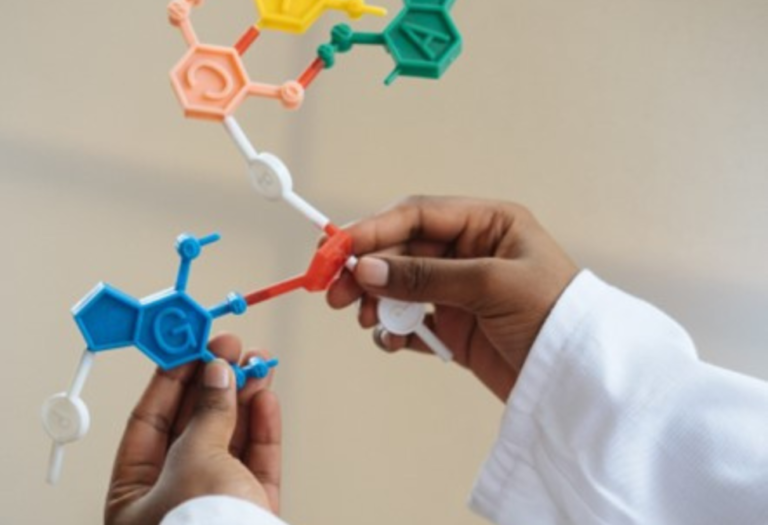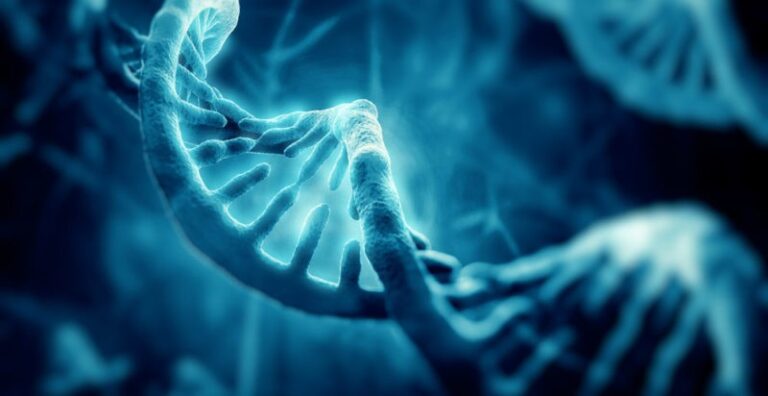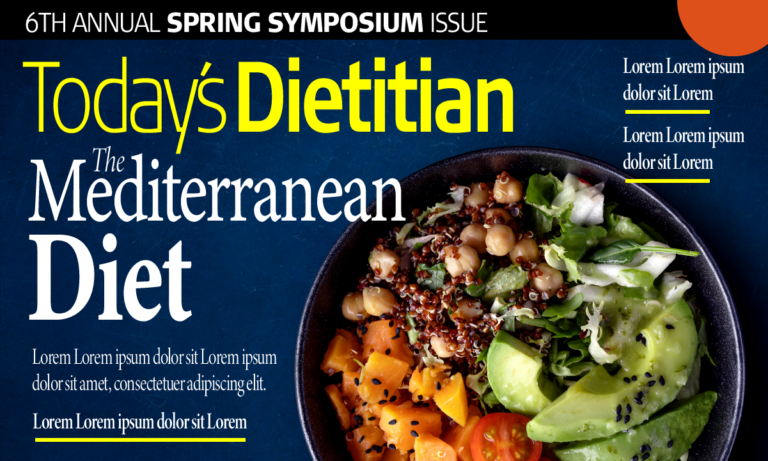Today we have a precision tool that allows us to customize our diet: the nutrigenetic test. It consists of a test that allows us to know the ideal combination of proteins, carbohydrates and fats that we should consume in our diet to meet our nutrient needs and to prevent diseases that can be addressed through nutrition. Do you want to know more about this type of test and the valuable information it provides? Read on!
Relationship between nutrition and health
The WHO defines nutrition as food intake in relation to the body's dietary needs. Although this is correct, we all know that nutrition is much more, and that there are many ways to sit at the table, either for the purpose of taking care of ourselves or for the sole purpose of satisfying hunger.
There is increasing evidence of the importance of this simple, everyday act in achieving optimal health. This has led to the development of various trends among nutrition experts, with a common premise: the importance of eating unprocessed food, avoiding additives and always trying to enhance the contribution of fruits and vegetables.
¿How does DNA influence nutritional needs?
Most of us are familiar with the general recommendations for a healthy and balanced diet and for obtaining the appropriate amounts of each type of nutrient. However, the same diet can have different effects on each individual. For example, even if two people eat in the same way, it may happen that one of them gains weight and the other does not. This happens, among other things, because the recommendations serve as a general guideline for the entire population, but they do not take into account a factor that makes us unique: our DNA and the specific needs that may arise from the genetic information we present.
The nutrigenetic test is a tool that allows us to know a little more about us and to adapt the general recommendations. Thanks to them, it is possible to take our DNA into account when defining the most appropriate diet for each person.
Genetic differences between individuals can condition nutritional needs and even predispose to different pathologies of multifactorial origin, i.e., they are influenced by genetics and the environment. Nutritional genomics studies the interesting interaction between genetics and nutrition.
Genetics is increasingly involved in the care of healthy people in order to maintain health and prevent disease. Nutritional genomics is a further step along this path. It is a discipline that brings together nutrigenetics and nutrigenomics, and studies the relationship between the human genome, nutrition and health.
Although in practice the terms nutrigenomics and nutrigenetics are often used interchangeably, they actually have different meanings:
Nutrigenetics studies the way in which the organism responds to diet according to the individual genetic profile. This discipline also analyzes genetic variants (polymorphisms or SNPs) in DNA that are associated with nutrition-related diseases.
Nutrigenomics, on the other hand, focuses on the study of the effects that diet has on the set of genes, proteins and metabolites in our organism, that is, it studies the way in which nutrients can impact gene expression.

















